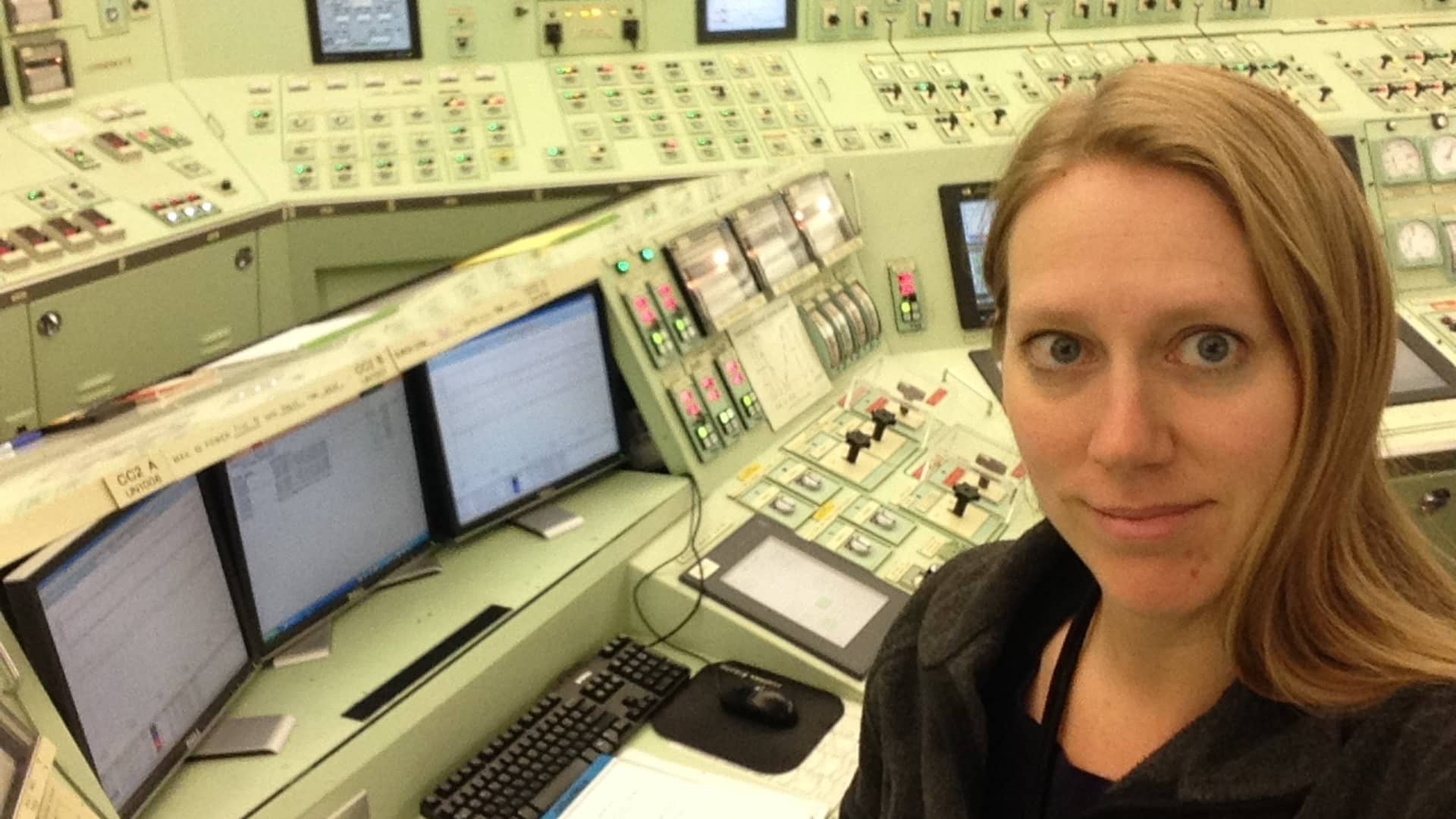Energy
Monday, November 13th, 2023 7:13 pm EDT
Key Points
- Challenges Facing Renewable Energy Firms: Renewable energy companies are experiencing a challenging earnings season due to issues such as struggling supply chains, manufacturing faults, and rising production costs. The global transition to cleaner energy has led to increased demand, causing production costs to rise and raising concerns about the economic sustainability of large-scale projects.
- Impact on Wind Energy Sector: Manufacturing faults, notably at Siemens Gamesa, have prompted Siemens Energy to abandon its profit forecast. Specialist wind energy firms are facing challenges in bidding for seabed licenses against traditional oil and gas players. Even if they win contracts, low electricity prices often fail to justify manufacturing costs, necessitating government subsidies. As a result, most wind energy stocks have seen significant declines.
- Financial Pressures and Need for Recalibration: Allianz Research reports a combined $3 billion decrease in assets for the eight largest renewable energy firms in H1 2023, with wind projects facing turbulent conditions. While balance sheets remain solid, companies are writing down assets and cutting earnings outlooks. There is a need for recalibration, particularly in political views, as wind turbine prices have increased by 20-30% since 2020. The European Commission’s Wind Power Action Plan signals ongoing efforts to recalibrate and increase wind installed capacity, but achieving this will take time and substantial investments.
Renewable energy firms are facing challenges in their earnings as supply chain issues, manufacturing faults, and rising production costs impact profitability. The industry, amid a global push for cleaner energy, is struggling to meet the surging demand for equipment, leading to increased production costs. Manufacturing faults, notably at Siemens Gamesa, have prompted Siemens Energy to revise its profit forecast and seek guarantees from the German government. Specialist wind energy firms face tough competition from traditional oil and gas players for seabed licenses, and low electricity prices often undermine manufacturing costs, requiring government subsidies. Most wind energy stocks have seen a decline this year. Allianz Research reported a $3 billion decrease in assets for the eight largest renewable energy firms in H1 2023. Rising construction and financing costs, quality-control issues, and supply-chain problems contribute to uncertainties about project feasibility. Companies are writing down assets and revising earnings outlooks. Ørsted canceled two U.S. offshore projects, with impairments totaling $5.6 billion. Vestas, however, posted positive third-quarter earnings but cautioned about external uncertainties. Analysts suggest a need for political and strategic recalibration to address the challenges and ensure the economic viability of the energy transition. Vestas’ CEO sees the industry at an inflection point, emphasizing the importance of discipline, customer and partner collaboration, and adaptability to macroeconomic changes. Analysts stress the importance of recalibrating political views on the costs of the energy transition, given the increased expenses associated with wind projects. The European Commission’s Wind Power Action Plan aims to boost wind installed capacity, indicating ongoing recalibration efforts. However, the process is expected to take time, and companies may face challenges in securing the necessary investment for new projects.
For the full original article on CNBC, please click here: https://www.cnbc.com/2023/11/13/wind-power-industry-in-moment-of-reckoning-as-stocks-fall.html




